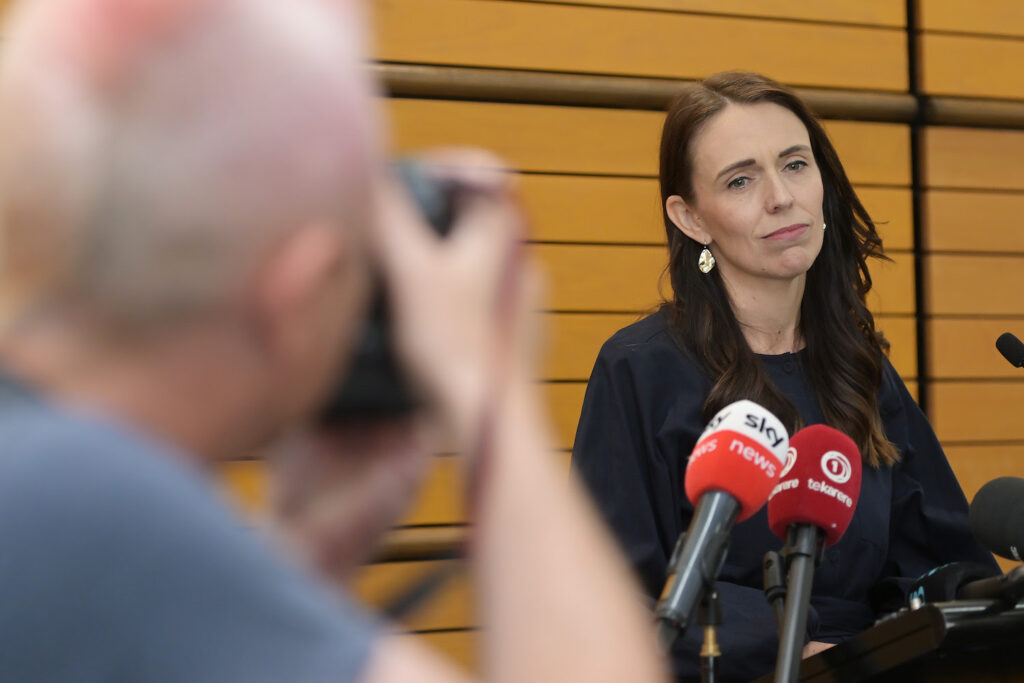Foreign Policy Magazine 20 January 2023
Following New Zealand Prime Minister Jacinda Ardern’s surprise announcement that she is resigning, much of the rest of the world responded by expressing admiration.
Anthony Albanese, prime minister of Australia, said Ardern had “shown the world how to lead with intellect and strength … She has demonstrated that empathy and insight are powerful leadership qualities,” while U.S. ambassador to New Zealand, Tom Udall, said she was an “incredible world leader.”
Further afield, Canadian Prime Minister Justin Trudeau offered that Ardern had made an “immeasurable” difference. European Parliament President Roberta Metsola said Ardern was “a friend to Europe who has been a trailblazing example—to young women in particular—showing how politics can be a force for positive change.”
Ardern announced that she was resigning because she didn’t have enough of herself left to give to the job. She also had her lowest poll numbers since 2017, and New Zealand is holding elections this fall.
That Ardern decided that it was better for the people of New Zealand, if she were to step aside is no small thing, Leslie Vinjamuri, the dean of the Queen Elizabeth II Academy for Leadership in International Affairs at Chatham House, wrote in an email to Foreign Policy. “Jacinda Ardern’s decision to resign is radical in an era where so many leaders are clinging to power. Contrast this with the former US President who went as far as to incite an insurrection in an attempt to block a peaceful and democratic transition of power.”
It also stands in stark contrast to Brazil, where former President Jair Bolsonaro attacked the integrity of the presidential election shortly before losing it (his supporters stormed government buildings on Jan. 8; the first charges against protesters were made earlier this week).
“But even for normal leaders in normal times, Ardern’s announcement is decisive, bold, and unconventional. It could, perhaps should, inspire leaders everywhere to rethink the purpose of their power,” Vinjamuri added. Ardern, she noted, is young enough to take a break and then go off to do whatever it is she’s most passionate about. “Maybe this will be an important example that shows that leading a country can in fact be a mid-career job and also not meant to be forever.”

